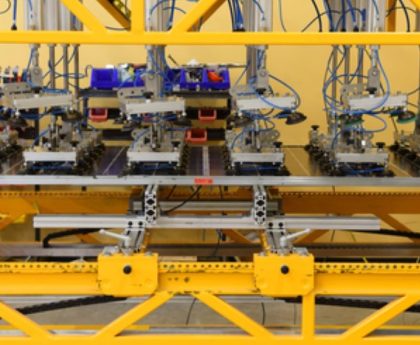A recent study by the Brazilian Photovoltaic Solar Energy Association (ABSOLAR) reveals that Brazil has achieved a significant milestone, with over 2 million homes now equipped with solar energy systems. This achievement represents a remarkable investment totaling more than 70.3 billion reais since 2012.
According to ABSOLAR’s findings, the solar rooftops installed on residences contribute to a cumulative installed power of nearly 13 GW and are distributed across more than 5,500 municipalities throughout Brazil. In addition to residential properties, self-generated solar energy in the country now boasts an operational capacity exceeding 28 GW, servicing a diverse range of establishments including businesses, industries, rural properties, and public buildings, benefiting over 3.5 million consumer units.
ABSOLAR highlights that solar systems installed on Brazilian homes collectively supply energy to more than 2.5 million units. Notably, the energy credits generated by these solar systems are shared among properties owned by the same individuals and within the same concession area of the local distributor.
São Paulo leads the national ranking in terms of homes served by solar generation, with over 385,300 households benefiting from this clean energy source. Following closely behind are Rio Grande do Sul, with 303,100 homes, and Minas Gerais, with 291,800 households.
Ronaldo Koloszuk, President of the Board of Directors of ABSOLAR, emphasizes the accessibility and democratization of solar energy, noting a projected 50% drop in the average price of solar panels in 2023. This trend makes photovoltaic technology increasingly attractive and accessible to Brazilians, presenting an opportune moment for investment in clean, renewable energy.
Rodrigo Sauaia, General Director of ABSOLAR, underscores the financial viability of investing in solar systems, highlighting an average payback period of four to five years. He also points out the availability of numerous financing options, including those offered by financial institutions, fintechs, and credit cooperatives, which aim to facilitate access to solar energy and its associated benefits for consumers across Brazil.
Source: Solarquarter.com
Post navigation
This post was originally published on 3rd party site mentioned in the title of this site






